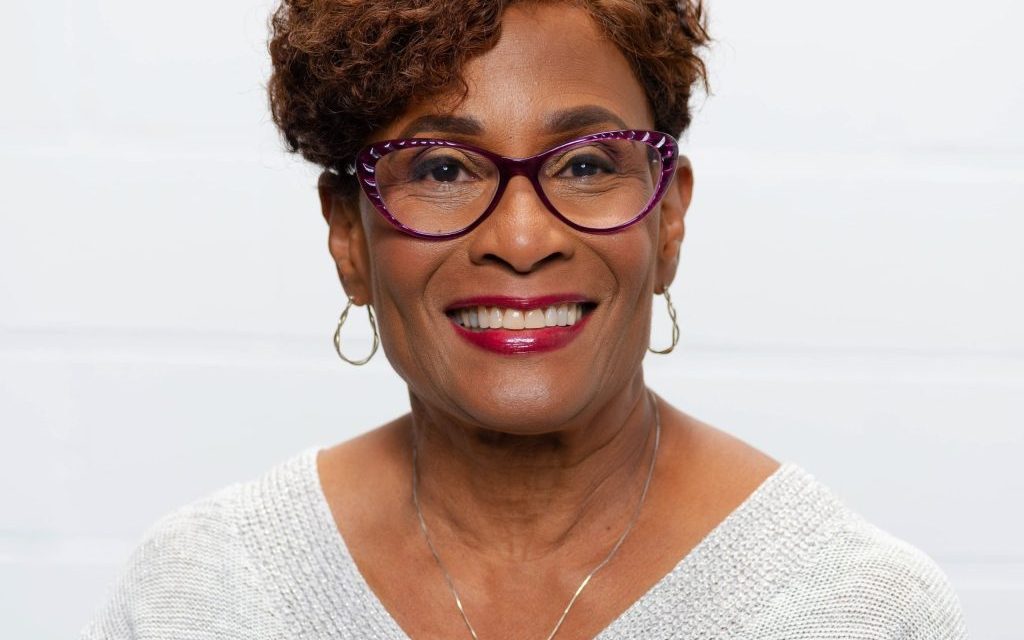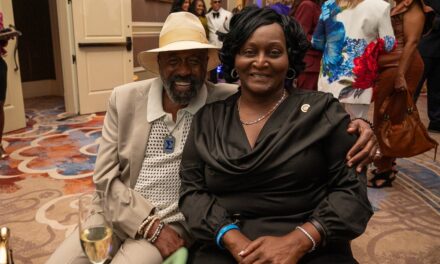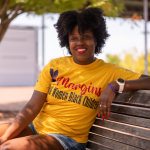By Frances Murphy Draper
AFRO CEO and Publisher
My husband and I recently visited First Watch in Towson expecting a relaxing breakfast. Instead, we left feeling disrespected and dismissed.
When we arrived we were in line, in front of two White patrons. The Black host asked how many were in our party. “Two,” we replied. He stepped away to check on a table. When he returned, he bypassed us and seated the White couple—without hesitation.

When we asked why they were seated first, he laughed. We weren’t amused.
On the way to a table—outside, without asking our preference—we asked to speak with the manager.
The manager, a Black woman, quickly defended the host, saying he was new, nervous and in training. She called it an honest mistake—not discrimination. I asked if she planned to comp our meal. She quickly said no. Both she and the host apologized, but their apologies didn’t feel genuine—more like something said to move past the moment.
When we expressed how the situation made us feel, she added, “I don’t see how this could be about bias—we’re all Black.” That response was especially troubling. It showed a lack of understanding about how unconscious bias works.
We weren’t looking to penalize anyone. We simply wanted acknowledgement. Instead, we were dismissed. No sincere apology. No effort to make it right. So, we took out business elsewhere.

(Courtessy Photo)
This wasn’t just about a seating error. It was about the subtle ways people, even within our own community, internalize messages that influence how they treat others—often without realizing it. This is what’s known as unconscious bias. A related term, implicit bias, describes these ingrained attitudes more specifically—especially the automatic associations we make about race, age, gender or status.
As those who lived through the Civil Rights Era, we know bias doesn’t always shout—it often whispers.
In a time when equity, inclusion and diversity efforts are under attack, workplaces must be proactive. This means offering regular training that strengthens cultural awareness, emotional intelligence and the ability to recognize and interrupt both unconscious and implicit bias. A simple acknowledgment, a genuine apology and a willingness to listen could have turned our morning around—and been a teaching moment, not a missed opportunity.
First Watch may serve fresh meals, but what we were served that day was disregard. And disregard is something I’ve never had an appetite for.
The post Op-ed: Unconscious bias doesn’t need a color line appeared first on AFRO American Newspapers.











